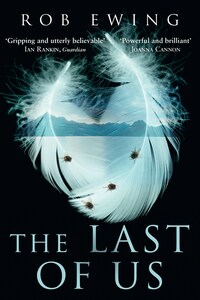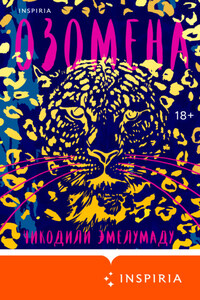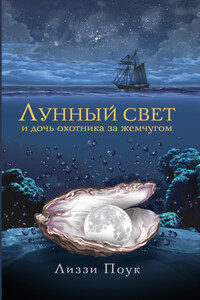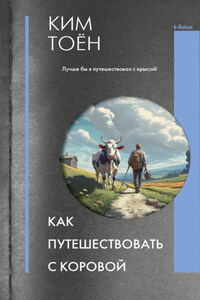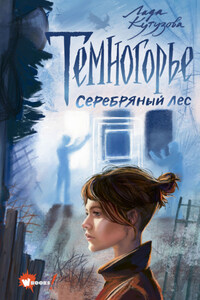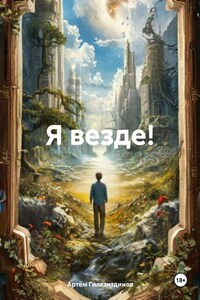The Borough Press
An imprint of HarperCollinsPublishers
1 London Bridge Street
London SE1 9GF
www.harpercollins.co.uk
First published by HarperCollinsPublishers 2016
Copyright © Rob Ewing 2016
Cover layout design © HarperCollinsPublishers Ltd 2017
Cover photographs © Joel Santos / Plain Picture (landscape);
Shutterstock.com (flies, feather). Back cover photograph by Claire Ward
Rob Ewing asserts the moral right to be identified as the author of this work
A catalogue record for this book is available from the British Library.
This novel is entirely a work of fiction. The names, characters and incidents portrayed in it are the work of the author’s imagination. Any resemblance to actual persons, living or dead, events or localities is entirely coincidental.
All rights reserved under International and Pan-American Copyright Conventions. By payment of the required fees, you have been granted the non-exclusive, non-transferable right to access and read the text of this e-book on screen. No part of this text may be reproduced, transmitted, down-loaded, decompiled, reverse engineered, or stored in or introduced into any information storage and retrieval system, in any form or by any means, whether electronic or mechanical, now known or hereinafter invented, without the express written permission of HarperCollins.
Source ISBN: 9780008149611
Ebook Edition © October 2016 ISBN: 9780008149604
Version: 2016-12-19
‘Ewing does a fantastic job of making us feel like children again – not carefree, but lost in a confusing world replete with dangers over which we have little control’
Guardian
‘An amazing book of courage and survival … a book about memory, friendship and hope. It’s the kind of book that made me want to wake my children from their beds, just to kiss them and whisper that I love them. A tremendous novel – I absolutely loved it’
CLAIRE FULLER, author of Our Endless Numbered Days
‘Ewing succeeds brilliantly … Be warned: you’ll feel well and truly wrung-out after reading this, but you’ll also hold your loved ones that little bit closer’
The Scotsman
‘A beautiful, heartwarming story of survival and strength … an original piece of work, one which grips the reader to the very end’
The Press and Journal
‘Powerful, compassionate and brilliant. I absolutely loved it’
JOANNA CANNON, author of The Trouble with Goats and Sheep
‘Bleak, beautiful, gripping … [I] loved this book’
IAN RANKIN, on Twitter
I have become skilled.
For starters let’s talk about dogs. When dogs die after being trapped inside you usually find them at the front or back door, or near the toilet if it hasn’t gone dry, or next to the water melted out of a freezer. I imagine them running between the two choices: water and escape, water and escape, until it’s too late.
Cats are usually by these too, or by the window if there isn’t a cat flap. But you can’t predict as well with cats, maybe because they had too much of their own mind back when they were still alive.
Being an explorer you get skilled at knowing.
I know what a cup of tea left for months looks like: dried muck. Bowls of fruit turn to furry glue. Cupboards jump with mice when you open them. Plants all die, apart from that one cactus we found, because trapped indoors was a good enough desert for it.
And dogs are more often found at doors, cats at windows. That’s the rule. Plus dogs smell worse than cats, though neither of them are very nice.
I say I’ve become skilled – but the truth is everything has got more difficult. So I can’t wait here for ever for my friends to come back. Can’t keep imagining new friends out of thin air. Can’t keep hiding in the same old sleeping bag without noticing the bad stink of it.
Even with skill you can’t truly smell yourself. If you came home Mum, magicking yourself out of the wind in the bay, this is what I think you would smell:
1
Old food
2
Dog-smell from the dog-friend (gone now)
3
The smell from my glass-cuts
4
Clothes & bedsheets
5
Pee smell (Alex’s bed before his illness)
6
Smoke (from the bad fire)
7 Shoes (seawater + shoes = epic fail)
8
Cheesy crisps (strange, we didn’t have any of them)
9
Cold wet air
10
Earwax
Still, there’s the worry about smells you can’t know, and there’s no way to come wise on that. So this morning I went outside. I went holding onto doors, chairs, cardboard boxes. Rubbish piles. And I collected the yellow bits of gorse from the field at the end of the street, and brought them in and put them in saucers all around.
